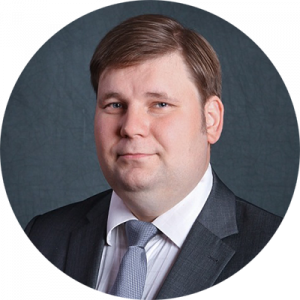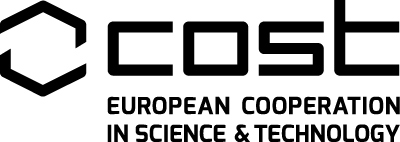Home > COST Action TU1305 Social networks and travel behaviour
Projekta vadītājs/a:
,

Current position:Vice-rector for Academic and Research, Associated professor and leading researcher of the Engineering Faculty, Director of the MSc study program “Management of Information Systems”, head of the “Laboratory of Applied Modelling (SimLab)”, head of research cluster “Modelling-Based Systems Analysis and Design (MADSYS)”.
Experience: more than 18 years of academic and research experience, more than 12 years in academic and research administration positions: Dean of the faculty, head of Research and development department. Microsoft Certified professional in Microsoft SQL Server; Certified specialist in using PTV VISION software (traffic flow simulation); Coursera certificates in Creating Dashboards and Storytelling with Tableau, Essential Design Principles for Tableau, Fundamentals of Visualization with Tableau, Visual Analytics with Tableau, Enterprise Systems, Innovation Product Management, Building Conversational Experiences with Dialogflow; IBM Cognitive classes certificates in Big Data Foundations – Level 2, Applied Data Science with Python – Level 2, Deep Learning.
Membership: Member of the Latvian Simulation and Modelling Society, member of Latvian Transport Development and Education Association (LaTDEA), programme committee member of International Multi-Conference Reliability and Statistics in Transportation and Communication (2017-2024), programme committee member of Conference on sustainable urban mobility (2016, 2018, 2020, 2024), Programme committee member, member of editorial board Transport and Telecommunication Journal.
Teaching activity: Information Systems and Technologies (6ECTS, master level), Research Seminar 2 (3ECTS, master level), Systems Analysis and Modelling (6ECTS, bachelor level), Technical Writing (3ECTS, bachelor level), Foundation of AI (6ECTS, bachelor level).
Publication activity: Author/co-author of more than 30 research publications in journals and conference proceedings (indexed in SCOPUS/WoS). Co-author of several methodological books for students, co-author of the monography “Sensor Network Technology Applications in the Water Supply and Transport Systems” .
Projects: for the last years participated in more than 20 international projects (Horizon2020, FP7, Erasmus+, IEE, COST) and more than 10 contract research projects with the industry.
Supervised theses: 32 master level and 16 bachelor thesis supervision with successful defence; supervision of PhD thesis in a topic “Assessment Framework for Hyperloop Technology”; the official reviewer of 5 PhD thesis.
Research fields/domains: simulation modelling, information systems, AI application.
Awards: Award in competition „For the best bachelor, master and PhD work related with transport issues in Riga city” (2010, 2009, 2008, 2007), Khaim Kardonsky memory foundation award for research in statistics and reliability (2007), K. Irbīša award (2004).
Motto: “Do not be afraid of new things”.
Hobby: Carpentering, numismatics.

The past decade has gone through rapid ICT developments, which had wide societal impacts. ICT enhanced the shift from social groups defined by location to individually-based social networks. High-speed telecoms allow for ad-hoc personalised networks that affect travel behaviour. Unfortunately, research has lagged behind ICT advances, as our understanding of current travel behaviour is limited and existing urban mobility solutions cater to population behaviour that no longer exists. The transport demand models used today are based on inadequate understanding of the new social structure. A new transport paradigm is needed for the ultra-urbanized smart city.
This Action aims to initiate a new collaboration framework for the various EU research groups that develops a new transport paradigm based upon ICT social networks and their subsequent travel behavior in the urban environment.
The goals are to explore ways in which social activities become mobilised in space, identify how social ties affect the integration of local public transport into urban patterns, and develop a rigorous conceptual framework for new ideas and methodologies. This work will be achieved by creating a joint discussions platform that includes seminars, thematic working groups, discussion sessions, workshops and publishing scientific results.